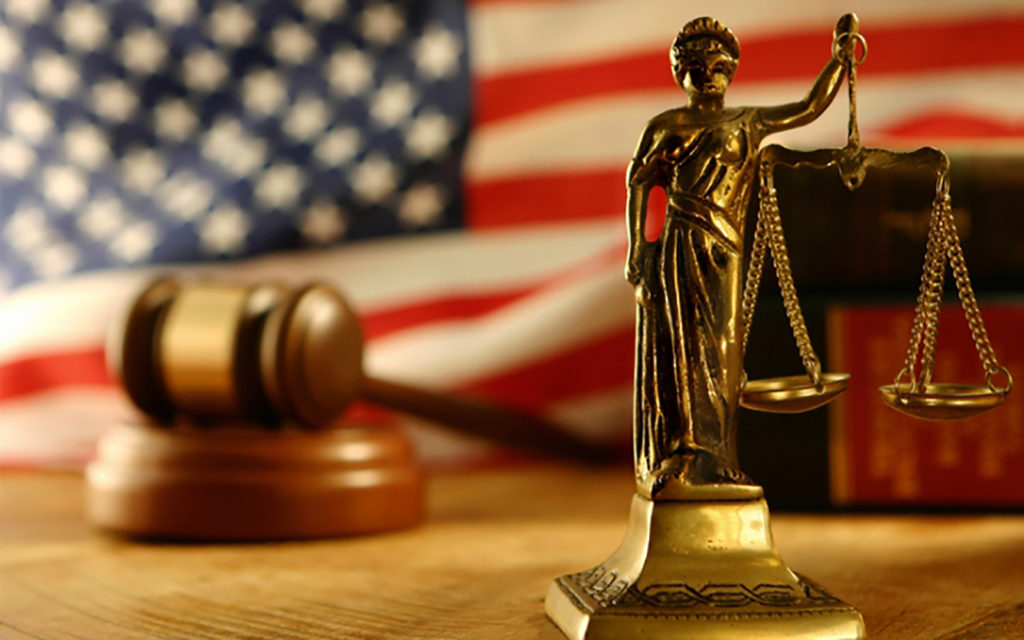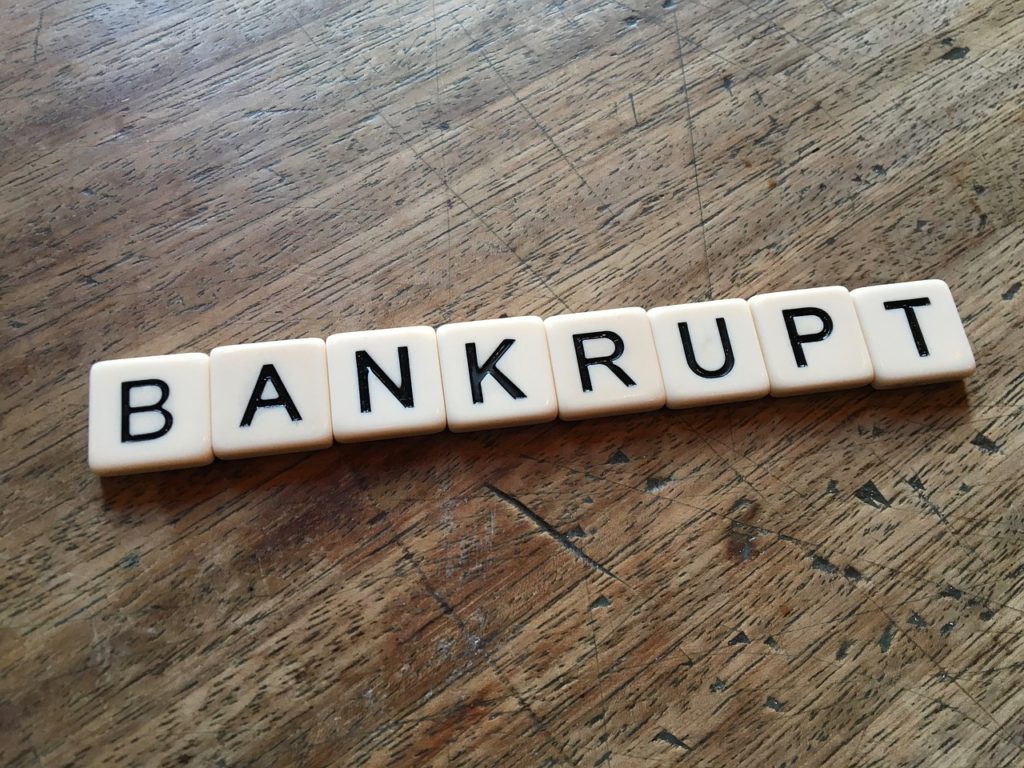 There can be so many questions around tax time, especially when there is a bankruptcy in question as well.
There can be so many questions around tax time, especially when there is a bankruptcy in question as well.
The Law Office of Brent M. Myer, PLLC, can help answer any questions you may have.
What Happens to My Tax Refund When I File Bankruptcy?
A tax refund is simply money owed to you by the IRS. Therefore, your tax refund is considered an asset that can be used to pay your creditors unless exempted.
The best way to avoid the tax refund problem is to wait to file bankruptcy until after you have received and spent the tax refund. If you have received your refund you can use it to pay the following:
- mortgage payment, rent, or home repair
- utilities
- food
- clothing
- medical care
- car payments and maintenance,
- education costs
Expenses that aren’t allowed include:
- luxury goods
- repayment to a friend or family member
- expenses paid in advance (for instance, you can’t make multiple rent payments), or
- repayment of one credit card
If you do use your tax refund to purchase luxury items, the Court could deny your discharge based on “bad faith”. If you use your refund to pay one creditor over the other, the Court may find that you have made a “preferential” payment to one of your creditors while ignoring the others. In this case, the Court could force the person or company to return the money to the estate.
Therefore, if you are looking to spend your tax refund, do so on immediately necessary items. Also, you’ll want to keep good records of how you used the money. However, be aware, that some districts might have different practices.
The best way to document how the refund was spent is to deposit the refund directly into your bank account. From there, writing checks is an excellent way to provide the trustee with a paper trail. Also, keep all receipts for additional records.
While it may be tempting to pay back family members and friends. We advise against it. These payments are considered insider payments and as a result can cause problems for both you and the payee. Insider payments are fraudulent transfers which the trustee may seek to avoid. The trustee would file a lawsuit against you and the insider in order to recoup the payment.
The Law Office of Brent M. Myer, PLLC also advises against purchasing new property with the tax refund. When you purchase new property with your tax refund, you are converting a non-exempt tax refund into other non-exempt property. Keep your purchases to living expenses.
What about my Earned Income Credit?
 In order to have an EIC exempt there are a few guidelines you should follow and stick to.
In order to have an EIC exempt there are a few guidelines you should follow and stick to.
You need to segregate the EIC. You will want to deposit your EIC into a bank account that contains no other assets. Also, do not deposit any additional funds to your EIC designated account. By keeping your EIC and other money separate, there will be no question about the money in the account.
When in doubt, call The Law Office of Brent M. Myer, PLLC, you want to keep what is yours without question.
Tenancy By The Entirety Protection
Tenancy by the entirety is an interest in property that may be held only between a husband and wife in which each party has a right of survivorship over the property and which neither party can terminate without the consent of the other.
Tenancy by the Entirety Protection applies to tax refunds too.
First, you must satisfy the general TBE rules. The tax refund must be for a husband and wife. And, the husband and wife do not have any joint, unsecured debts. One such debt will defeat TBE protection.
Second, you have to have received the tax refund prior to filing bankruptcy. Satisfaction of the above rules do not apply if you file bankruptcy before receiving your tax refund. If you file bankruptcy first, then game over as to TBE protection.
Third, you deposited the tax refund into a TBE checking or savings account. A joint bank account is not a TBE bank account. A joint account with right of survivorship is not considered a TBE checking or savings account either. Not all banks offer TBE bank accounts. So, you may have to visit a few banks to find one that fits your needs.
What If I Can’t Wait to File Bankruptcy?
 If you cannot wait to file bankruptcy until after you have received your refund, you can only keep what is exempt.
If you cannot wait to file bankruptcy until after you have received your refund, you can only keep what is exempt.
Typically, exemptions that are available to protect your tax refund are limited. Personal property exemptions equate to only $1,000. If you do not use your homestead exemption, the you will have an additional $4,000 wildcard exemption. Considering the previously stated, you will have about $5,000 in exemptions to protect your tax refund as well as all of your other personal property such as: furniture, appliances, clothing, electronics, etc.
Non-exempt assets will need to be turned over to your bankruptcy trustee. Do not spend the non-exempt amount. If you cannot turn over a portion of the non-exempt amount because you have spent it, your bankruptcy case could be dismissed.
If you still have questions regarding your tax refund and bankruptcy, don’t hesitate to call. The Law Office of Brent M. Myer, PLLC is here to help you every step of the way.

